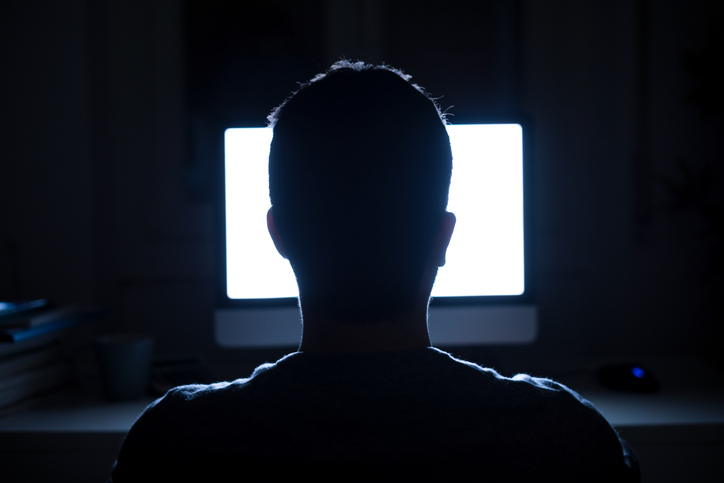
Most of us spend a majority of our day up-close and personal with our devices.
Whether it’s working long days on our computers, watching a movie on our tablets or texting and checking our Facebook on our iPhone. From the minute we wake up to the moment our heads hit the pillow (and even long after too), it’s become totally normal for our eyes to be glued to these devices for hours each day. Sure, this type of consumption may be hurting our social skills, but it’s time to really start focusing on our physical health as well.
With two million new cases of age-related macular degeneration reported every year, the goal for researchers is to try and minimize blue light as one of the causes in the future through new remedies like special eye drops. “By learning more about the mechanisms of blindness in search of a method to intercept toxic reactions caused by the combination of retinal and blue light,” Karunarathne explains, “we hope to find a way to protect the vision of children growing up in a high-tech world.”
